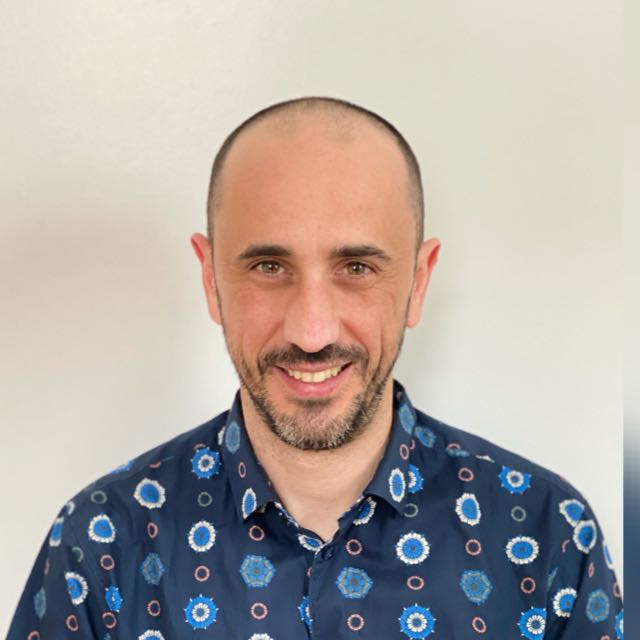Lyfebulb Live with IBD Ambassador Iraklis Kourtis: Going from Patient to Entrepreneur
“Let your hopes, not your hurts, shape your future.” Author Robert H. Schuller said this, and it came to mind as I watched the Lyfebulb chat with Dr. Iraklis Kourtis, a Lyfebulb Ambassador and the Co-Founder of Chronicles Health. For me as the parent of a young man with IBD, hope is the newest arsenal in my caregiving tool kit. Back when my son was doing his hardest fighting, the smart-device and social-media tools of today did not exist. Now that they do, hope becomes something almost tangible as new innovations make it more possible for us to manage life with chronic disease.

A notable source of that hope is Dr. Kourtis, who has always been an innovator; he loves to solve problems. In his mid-20s, as he was about to enter his PhD program in immunology, he had his first flareup during the PhD interviews. The cold sweats he suffered were imprinted in his mind. He lost almost fifteen pounds before receiving a proper diagnosis and being treated with corticosteroids, which temporarily helped. All of this made him think about his life span, and one thing led to another because, as I said earlier, Kourtis always wanted to create solutions. So, here he is now – an expert in digital health, bioengineering, physiology and medical-device development, combining data science and his immunology background to create those solutions with Chronicles Health, which is trying to close the loop between the patient and the care team.
What is Chronicles? It is an IBD patient platform that uses wearables (which integrate artificial intelligence and machine learning algorithms) and patient-reported quality of life metrics to detect patterns in the disease, resulting in personalized healthcare. Simply put, it is an incredible tool that did not exist for my son nine years ago, but which does today.
In the live chat, Kourtis explained that IBD doctors try to tune medication for better outcomes, but what is missing are intermediary points to connect the loop. He says that there is no actual continuous flow of data. He does not intend to reinvent the wheel, just supply the missing data points that IBD doctors need. Kourtis says that we will know if an IBD drug works must faster through all this data and that we can track flare ups and patients according to their state of flare up. Living with this disease has changed Kourtis, and he commented that “Something as life changing as this is a good opportunity to fight it and use it to succeed.”
Yes, there are many innovations out there competing for patient interests, but for each new one that emerges, I personally feel encouraged and full of that sweet sense of hope for the future of IBD care, thanks to the motivation of those like Dr. Iraklis Kourtis.
